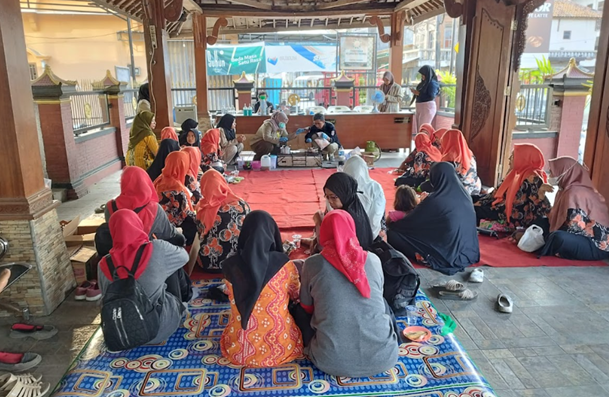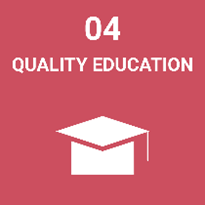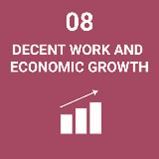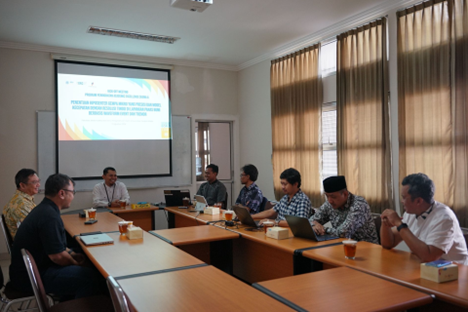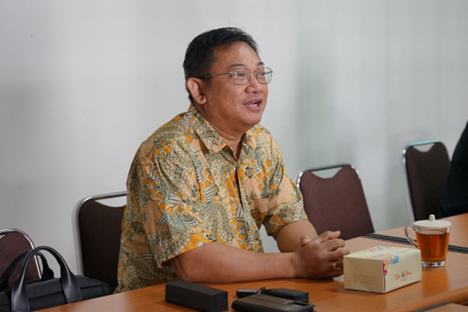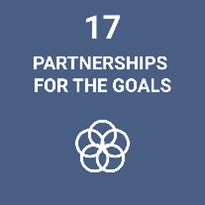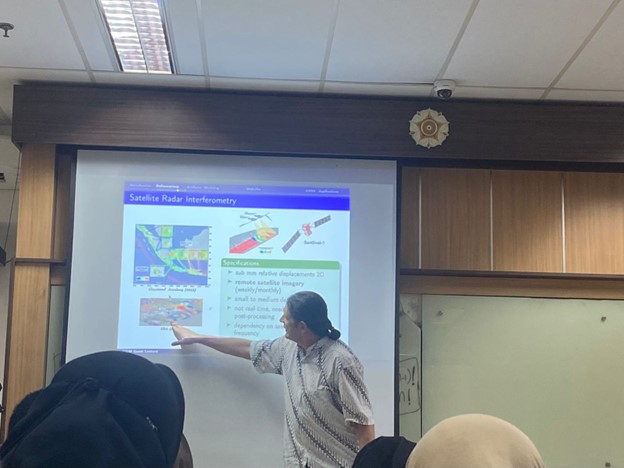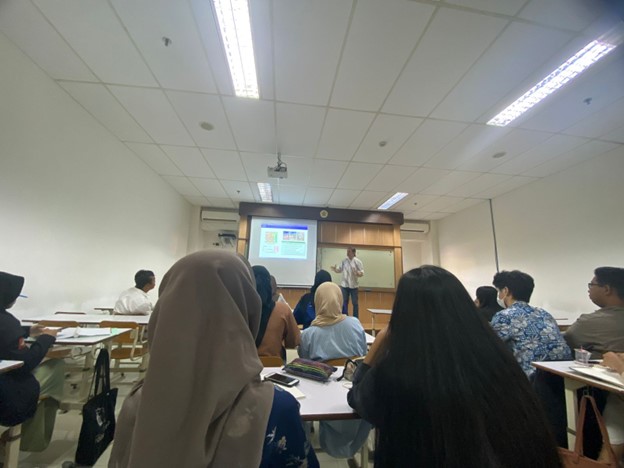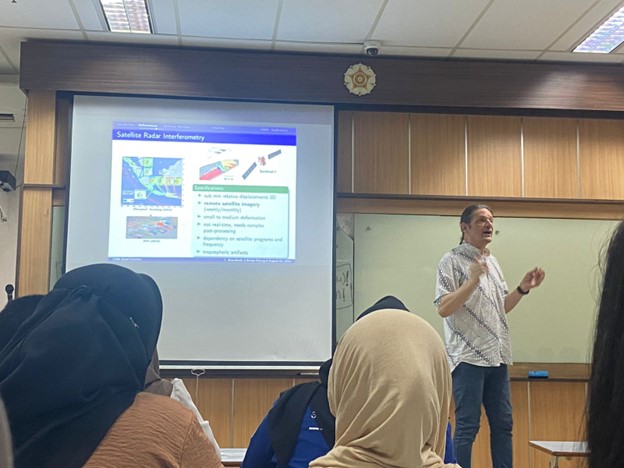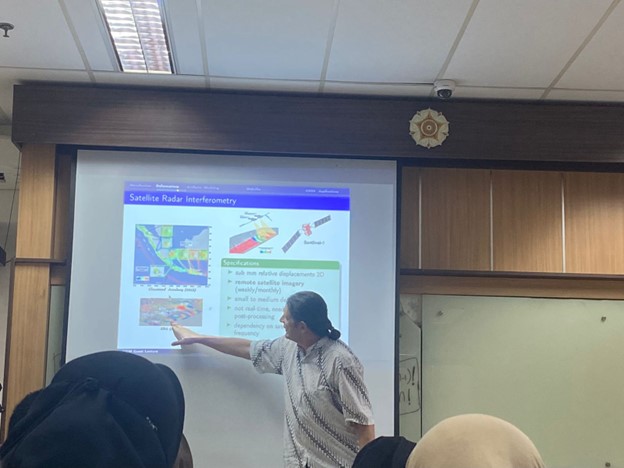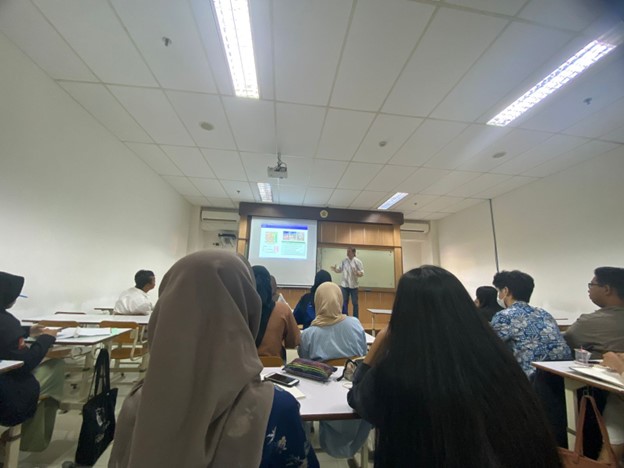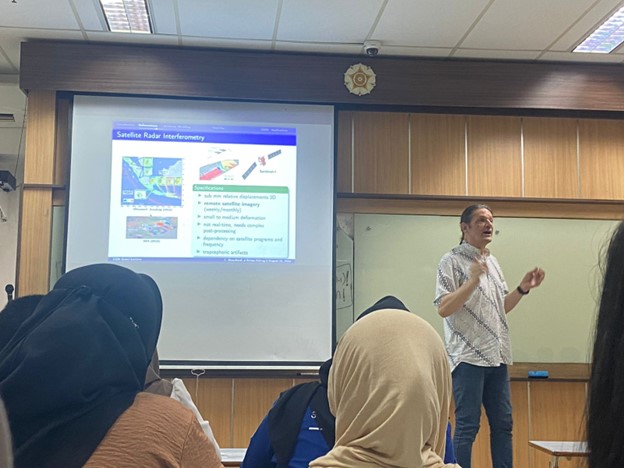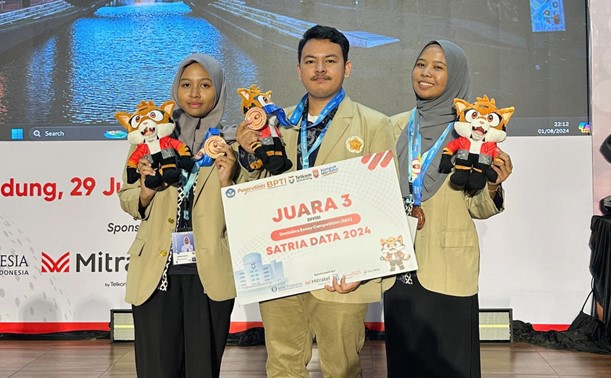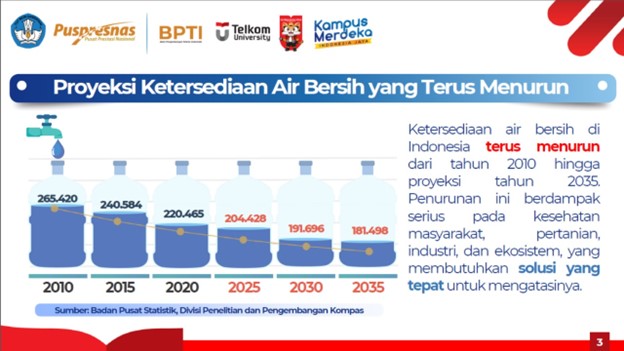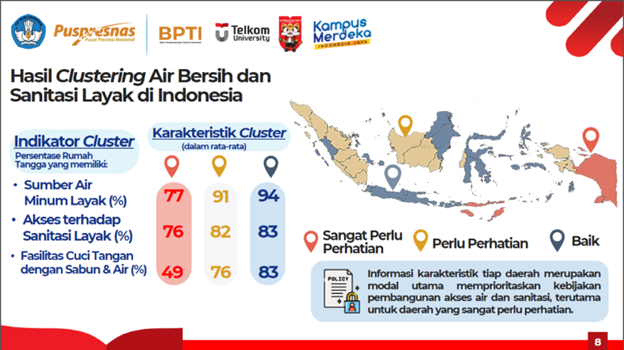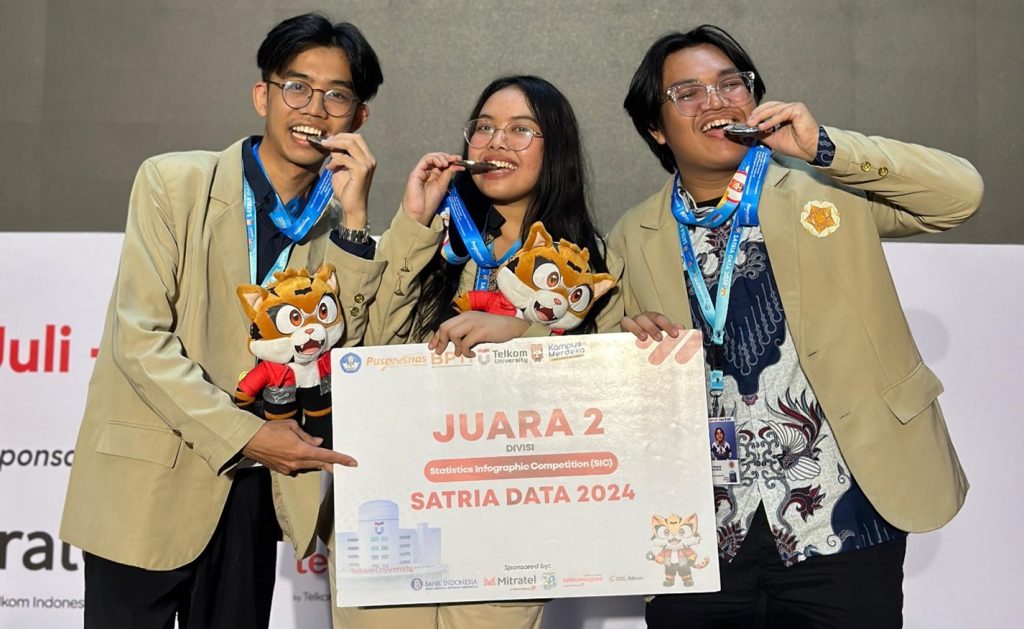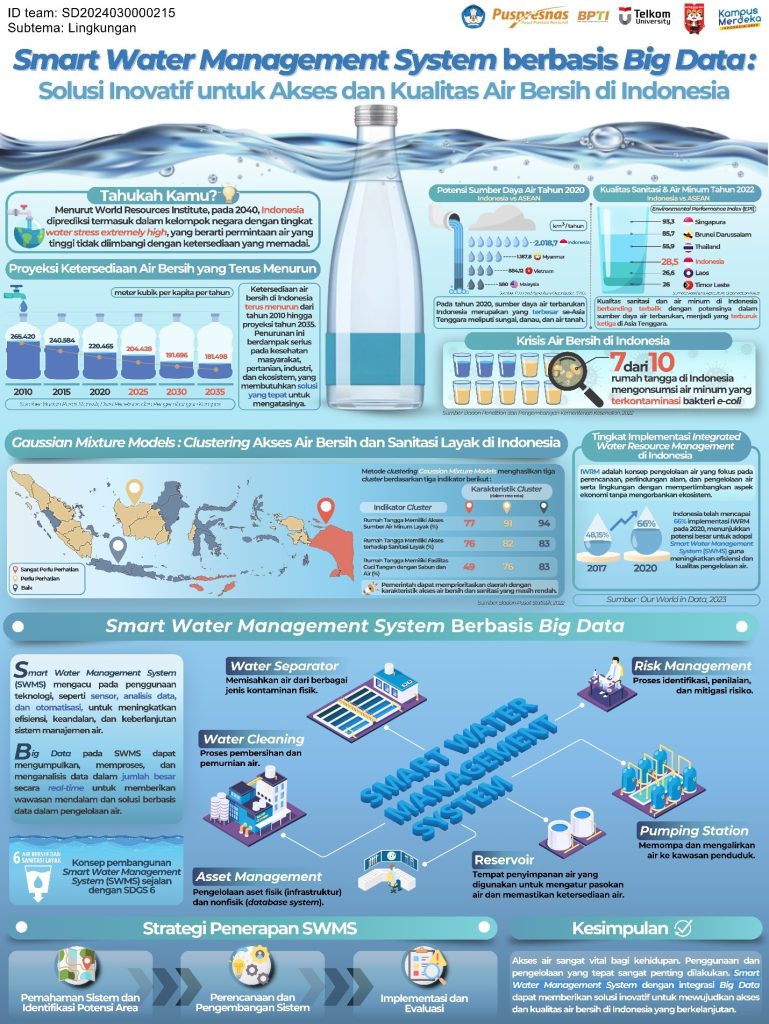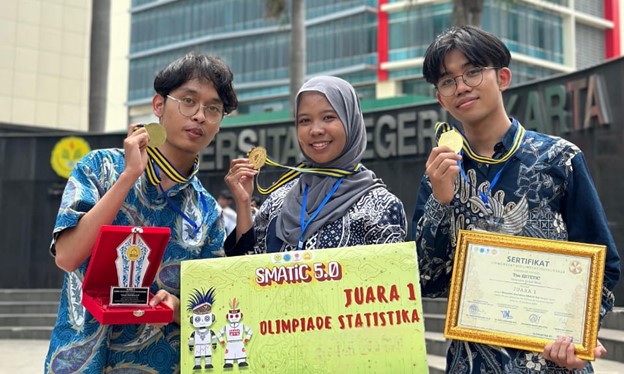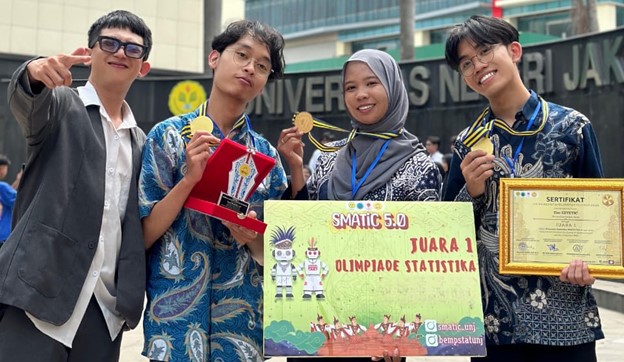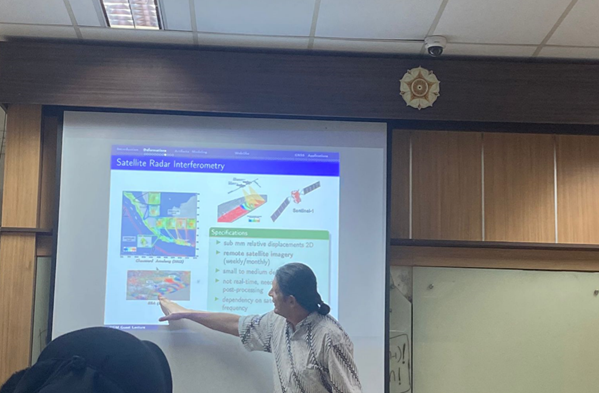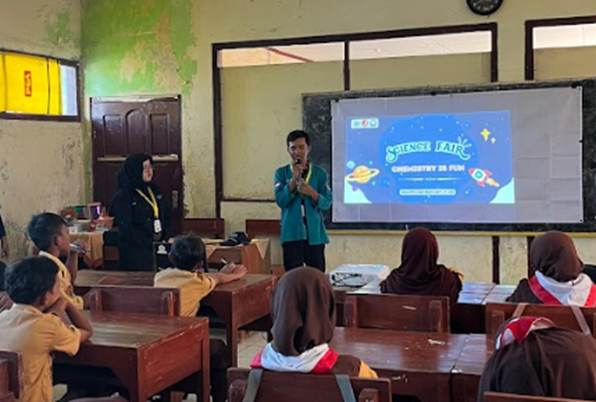
Transformasi Desa Pesisir oleh Mahasiswa KKN UGM Melalui Pesona dan Tantangan di Desa Wedung Demak
Pesona alam dan potensi yang melimpah dari Desa Wedung, yang terletak di Kabupaten Demak, menjadi tempat pengabdian dari Tim KKN-PPM Wedung Adiluhung. Meskipun terbagi dalam 4 sub-unit yaitu Wedung 1, Wedung 2, Tedunan, dan Tempel, setiap desanya menyimpan kekayaan alam dan tantangan tersendiri.
Salah satunya di Wedung 2, yang berada di daerah pesisir, menjadi pusat perhatian karena keunikan dan potensi sumber daya alam. Dengan pemandangan mangrove yang hijau dan tambak penghasil bandeng dan udang, kawasan ini menjadi tumpuan ekonomi bagi masyarakat setempat yang sebagian besar berprofesi sebagai nelayan.
“Akses menuju Wedung 2 tidaklah mudah. Jalan setapak yang rusak dan sering terendam banjir jadi bahan prihatin kami. Padahal banyak potensi yang didapatkan dari Wedung 2. Program yang sukses kami jalankan adalah edukasi budidaya maggot skala rumahan,” papar Nur Azis perwakilan Tim dari Kimia FMIPA UGM dalam wawancara online, Senin (5/8).
Selain itu, program digitalisasi arsip untuk meningkatkan kesadaran masyarakat terkait bencana banjir, menjadi langkah utama dalam mendukung keberlanjutan lingkungan. Program lainnya yang Tim KKN Wedung Adiluhung optimalisasi yaitu UMKM dari segi digitalisasi dan pemasaran, untuk meningkatkan perekonomian desa.
“Tim kami juga lakukan pemasangan lampu panel surya di sepanjang jalan setapak menuju pesisir untuk meningkatkan keamanan dan kenyamanan akses di malam hari,” papar Nur Azis.
Melalui program KKN ini, harapannya agar seluruh inisiatif yang telah dijalankan dapat memberikan dampak positif dan berkelanjutan bagi masyarakat Desa Wedung. Potensi desa yang besar, baik dari segi sumber daya alam, UMKM, maupun sumber daya manusia perlu terus digali dan dikembangkan agar Desa Wedung semakin tertata dan maju di masa depan. Implementasi Tim KKN-PPM Wedung adiluhung ini turut mengimplementasikan nilai SDGs poin 4 yaitu akses terhadap kehidupan, dan SDGs poin 8 yaitu kreativitas dan inovasi.
Penulis: Ratih Cintia Sari
Foto: Tim KKN-PPM Wedung Adiluhung
Editor: Febriska Noor Fitriana
